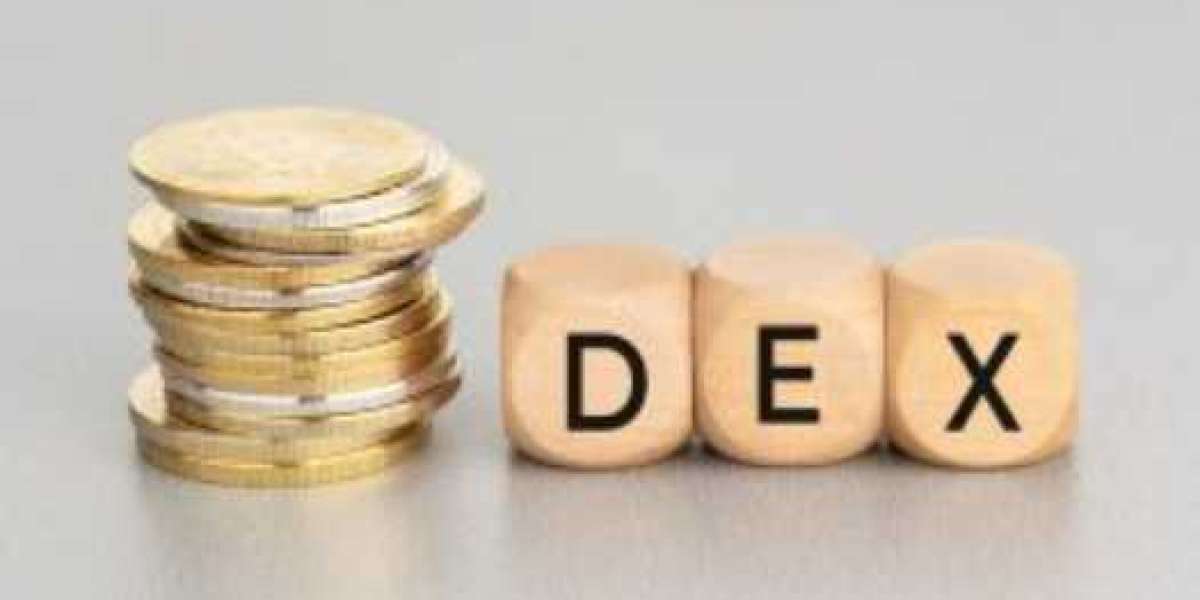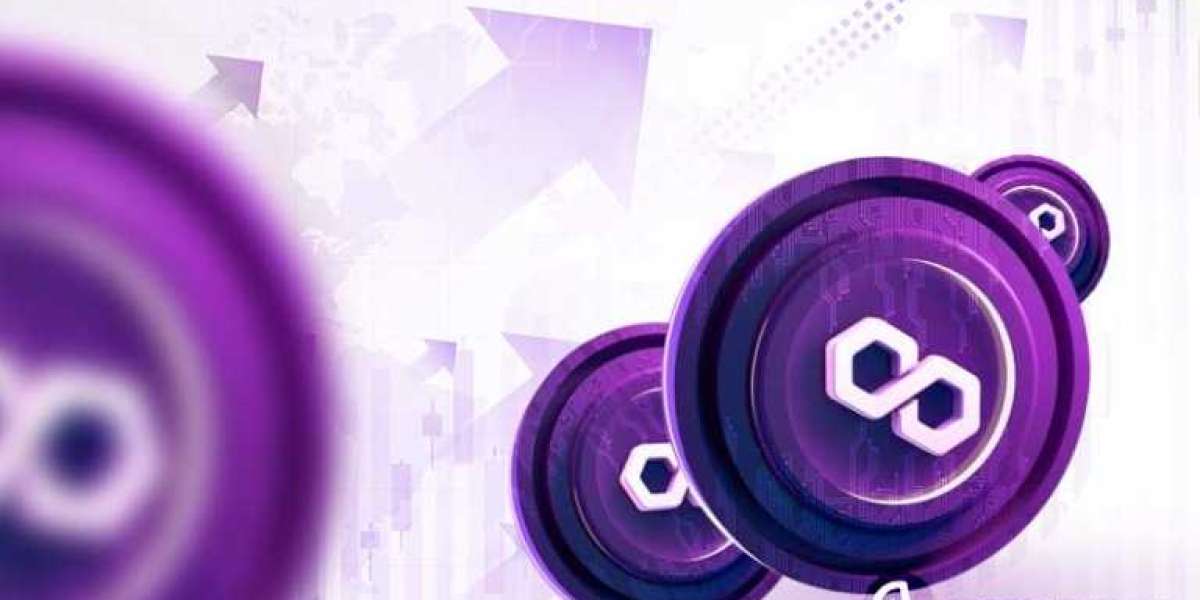DEX is unregulated.
This is a comment on the SEC's published proposed regulation. The letter's author, Coinbase's Chief Legal Officer Paul Grewal, explained its intent:
The SEC's proposed rule to include decentralized exchanges within the definition of an exchange should not be adopted.
Decentralized exchanges cannot be required to register their enterprises in the same manner as domestic stock exchanges. It is a violation of the Administrative Procedure Act (APA) to request the impossible.
ALSO READ:Bitcoin Is At A Crossroads Amid Market Uncertainty
DEX stands for decentralized exchange.
A distributed exchange founded on blockchain technology. It is also referred to as "DEX" from "Decentralized EXchange", the English translation of "decentralized exchange." Since transactions are conducted directly between parties, there is no need to pay a fee to a central administrator. Other features include limited liquidity and the user administering the private key.
Grewal wrote in the letter that the SEC did not explain how the rules would be applied, despite the fact that the nature of existing rules makes it untenable to apply them to decentralized exchanges. The SEC merely asserts that it "applies," continued the speaker.
It also alleges that the SEC has not altered its position despite Coinbase and other companies having pointed out the rules' noncompliance and substantive flaws.
Difficulties with the SEC Proposal
Grewal describes the differences between decentralized and traditional exchanges, including the following:
Despite the existence of genuinely decentralized systems, no single entity can be held accountable for compliance. The fact that a person or group can provide information about a decentralized exchange does not imply that they are on an equal footing with the operator of a centralized exchange and should have the same responsibilities.
Additionally, he explained that once a decentralized exchange has been introduced, modifications to its specifications are typically made only with the consent of governance token holders.
Decentralized autonomous organizations (DAOs) sometimes operate decentralized exchanges; however, these organizations lack a centralized coordination system and hierarchical leadership, and are therefore "controlled" for purposes of securities law. It is stated that it is distinct from the topic.
ALSO READ:Near $0.086, the Stellar Lumen (XLM) Price Faces Obstacles.
The SEC argued that a "group" could govern the exchange, but added that it had not defined what a governing body actually entailed.
Grewal stated that the only "group" the SEC could regulate in the case of a genuinely decentralized system would be the group of governance token holders.
However, not every token holder has the environment to exercise a broad range of compliance obligations, no single individual manages a decentralized exchange, and neither a securities professional nor a pertinent regulatory agency manages a decentralized exchange. He emphasized that he is not a company executive officer.
ALSO READ:Nigeria Imposes A 10% Tax On Cryptocurrency Capital Gains



